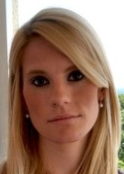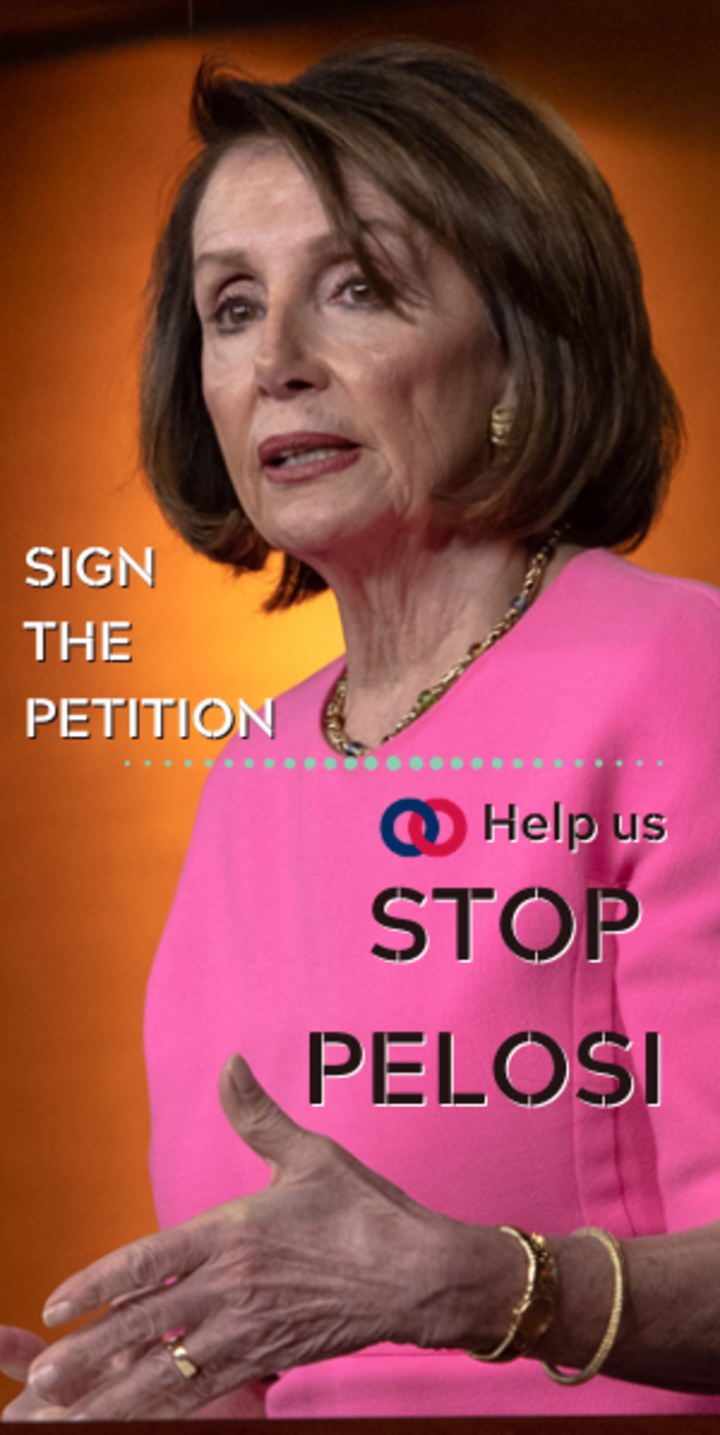Speaking to the Canon Law Association of Slovakia this week, Denver Archbishop Charles Chaput called for a robust understanding of religious freedom, criticizing the increasingly anti-Christian intolerance being carried out in the name of tolerance, particularly when it comes to issues of life and marriage. It’s well worth reading the whole thing, but a few high points:
First, “freedom of worship” is not at all the same thing as “freedom of religion.” Religious freedom includes the right to preach, teach, assemble, organize, and to engage society and its issues publicly, both as individuals and joined together as communities of faith. This is the classic understanding of a citizen’s right to the “free exercise” of his or her religion in the First Amendment to the U.S. Constitution. It’s also clearly implied in Article 18 of the Universal Declaration of Human Rights. In contrast, freedom of worship is a much smaller and more restrictive idea. . . .
In the United States, a nation that is still 80 percent Christian with a high degree of religious practice, government agencies now increasingly seek to dictate how Church ministries should operate, and to force them into practices that would destroy their Catholic identity. Efforts have been made to discourage or criminalize the expression of certain Catholic beliefs as “hate speech.” Our courts and legislatures now routinely take actions that undermine marriage and family life, and seek to scrub our public life of Christian symbolism and signs of influence.
In Europe, we see similar trends, although marked by a more open contempt for Christianity. . . . My point is this: These are not the actions of governments that see the Catholic Church as a valued partner in their plans for the 21st century. Quite the opposite. These events suggest an emerging, systematic discrimination against the Church that now seems inevitable.
* * *
A Catholicism of resistance must be based on trust in Christ’s words: “The truth will make you free.”3 This trust gave you insight into the nature of totalitarian regimes. It helped you articulate new ways of discipleship. Rereading the words of the Czech leader Václav Havel to prepare for this talk, I was struck by the profound Christian humanism of his idea of “living within the truth.”4 Catholics today need to see their discipleship and mission as precisely that: “living within the truth.” . . .
Living within the truth also means telling the truth and calling things by their right names. And that means exposing the lies by which some men try to force others to live.
* * *
I suggested earlier that the Church’s religious liberty is under assault today in ways not seen since the Nazi and Communist eras. I believe we are now in the position to better understand why. Writing in the 1960s, Richard Weaver, an American scholar and social philosopher, said: “I am absolutely convinced that relativism must eventually lead to a regime of force.”
He was right. There is a kind of “inner logic” that leads relativism to repression.
This explains the paradox of how Western societies can preach tolerance and diversity while aggressively undermining and penalizing Catholic life. The dogma of tolerance cannot tolerate the Church’s belief that some ideas and behaviors should not be tolerated because they dehumanize us. The dogma that all truths are relative cannot allow the thought that some truths might not be.
The Catholic beliefs that most deeply irritate the orthodoxies of the West are those concerning abortion, sexuality and the marriage of man and woman. This is no accident. These Christian beliefs express the truth about human fertility, meaning and destiny.
These truths are subversive in a world that would have us believe that God is not necessary and that human life has no inherent nature or purpose. Thus the Church must be punished because, despite all the sins and weaknesses of her people, she is still the bride of Jesus Christ; still a source of beauty, meaning and hope that refuses to die -- and still the most compelling and dangerous heretic of the world’s new order. . . .
We live in a time when the Church is called to be a believing community of resistance. We need to call things by their true names. We need to fight the evils we see. And most importantly, we must not delude ourselves into thinking that by going along with the voices of secularism and de-Christianization we can somehow mitigate or change things. Only the Truth can set men free.
Read Archbishop Chaput’s entire speech here.






